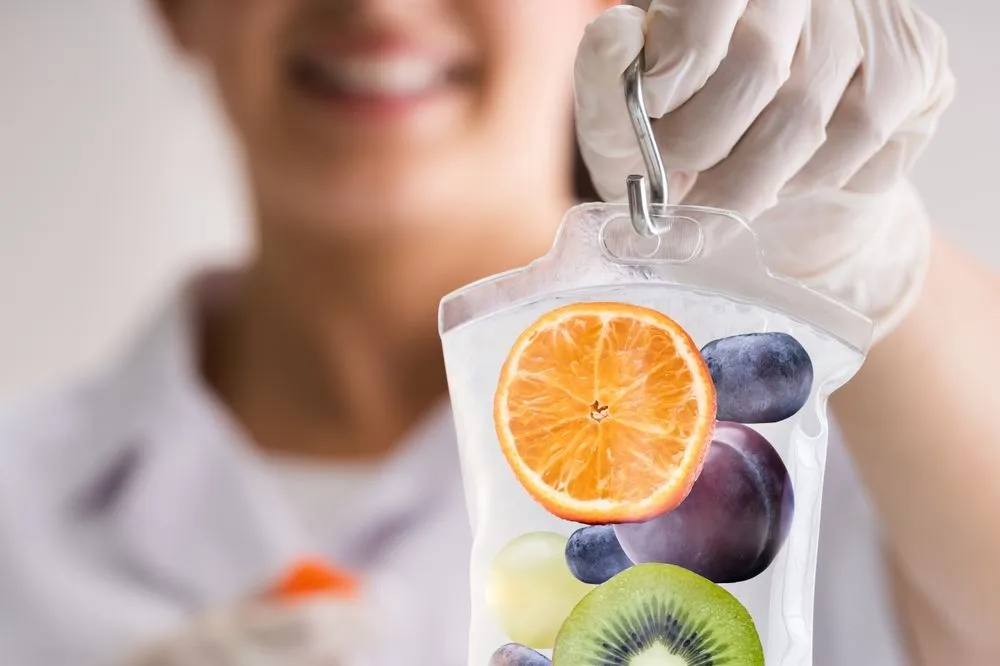Athletes need more than training to stay injury-free. Sports injuries often result not only from physical strain but also from poor nutrition and hydration. What athletes eat and drink plays a major role in performance. Proper hydration and nutrition help muscles recover and support healthy joints.
Food and water work together to support strong movement. Without them, the body tires quickly and loses strength. This loss leads to mistakes, fatigue, and injury. A smart plan for meals and fluids can help any athlete avoid setbacks.
Hydration Prevents Fatigue and Protects Performance
The body loses water through sweat during physical activity. Not drinking enough before or during exercise causes dehydration. This leads to poor focus, muscle cramps, and slower movement. These effects increase the risk of injury during sports or workouts.
Muscles need water to stay loose and perform well. Without enough fluids, they tighten, tire quickly, and strain more easily. Joints also rely on hydration to stay flexible and absorb impact. Dehydration stiffens joints, raising the risk of sprains or long-term pain.
Simple Hydration Habits That Work
Start drinking water two to three hours before your workout to properly prepare your body. During breaks, continue sipping water or an electrolyte drink to maintain hydration levels. Staying well-hydrated helps prevent fatigue, muscle cramps, and poor focus during exercise.
After exercise, replace lost fluids with drinks that support recovery and restore electrolytes effectively. Proper hydration before, during, and after activity helps your body perform at its best. This routine keeps muscles loose, joints flexible, and reduces injury risk.
Nutrition Builds Muscle, Energy, and Strong Bones
Athletes break down muscle tissue during every workout, making recovery a key factor to staying healthy. Protein helps rebuild muscles and keeps them strong and healthy. Meals with fish, eggs, tofu, or lean meats are excellent protein sources. Enough protein also reduces the risk of sports injuries caused by muscle weakness or strain.
Carbohydrates provide quick and steady energy for training and competition. Without enough carbs, athletes tire quickly and lose power. Whole grains, fruits, and vegetables offer long-lasting fuel for active bodies. Healthy fats like omega-3s support joint health and reduce swelling after intense activity.
Prioritize Hydration and Nutrition Today to Help Protect Yourself from Sports Injuries
Hydration and nutrition work best together to enhance athletic performance and lower the risk of sports injuries during training and competition. Water plays a key role in transporting nutrients and maintaining healthy cell function. Without enough hydration, muscles and bones struggle to absorb or use nutrients from food. Drinking water regularly helps the body process vitamins, minerals, and energy, preventing injuries caused by weakness or fatigue.
Proper meal timing is as key as food quality before and after exercise to avoid sports injuries. Eating a light, balanced meal several hours before practice prepares the body for activity. During long training sessions, snacking on energy-rich foods and drinking fluids helps maintain strength and focus. After exercise, consuming protein and carbohydrates supports muscle repair and replenishes energy stores efficiently, reducing the chance of injury.

